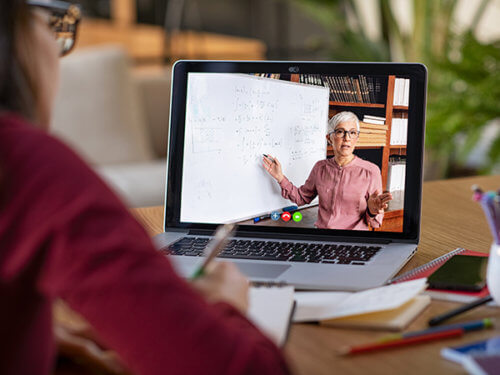Research libraries have a long-standing practice of providing tools and resources towards bridging the digital divide. Since the start of the COVID-19 pandemic, research libraries are helping even more college students continue their education with loaner laptop computers and mobile Wi-Fi hotspots.
Researchers have estimated that, outside of school, nearly 20% of US college students lack reliable broadband internet access and/or the hardware to access the internet effectively. That number is higher for people in rural areas, particularly among low-income communities and communities of color. When schools and universities closed their campuses in March due to the pandemic, the emergency transition to remote learning highlighted this digital divide. Students need access to strong, reliable broadband and hardware in order to participate in online and/or hybrid learning environments.

This spring, many research libraries stepped up their lending of laptop computers and mobile Wi-Fi hotspots. Additionally, the Association of Research Libraries joined EDUCAUSE in advocating for including college and university students in any federal legislation or programs enhancing broadband access, including the following:
- E-Rate program for schools and libraries
- Lifeline program for low-income populations
- Recent CARES Act funding to expand the reach of Rural Utilities Service broadband programs
As purveyors of both information content and technology to all university students as well as the research infrastructure, research libraries are committed to reducing the digital divide through services and advocacy.


